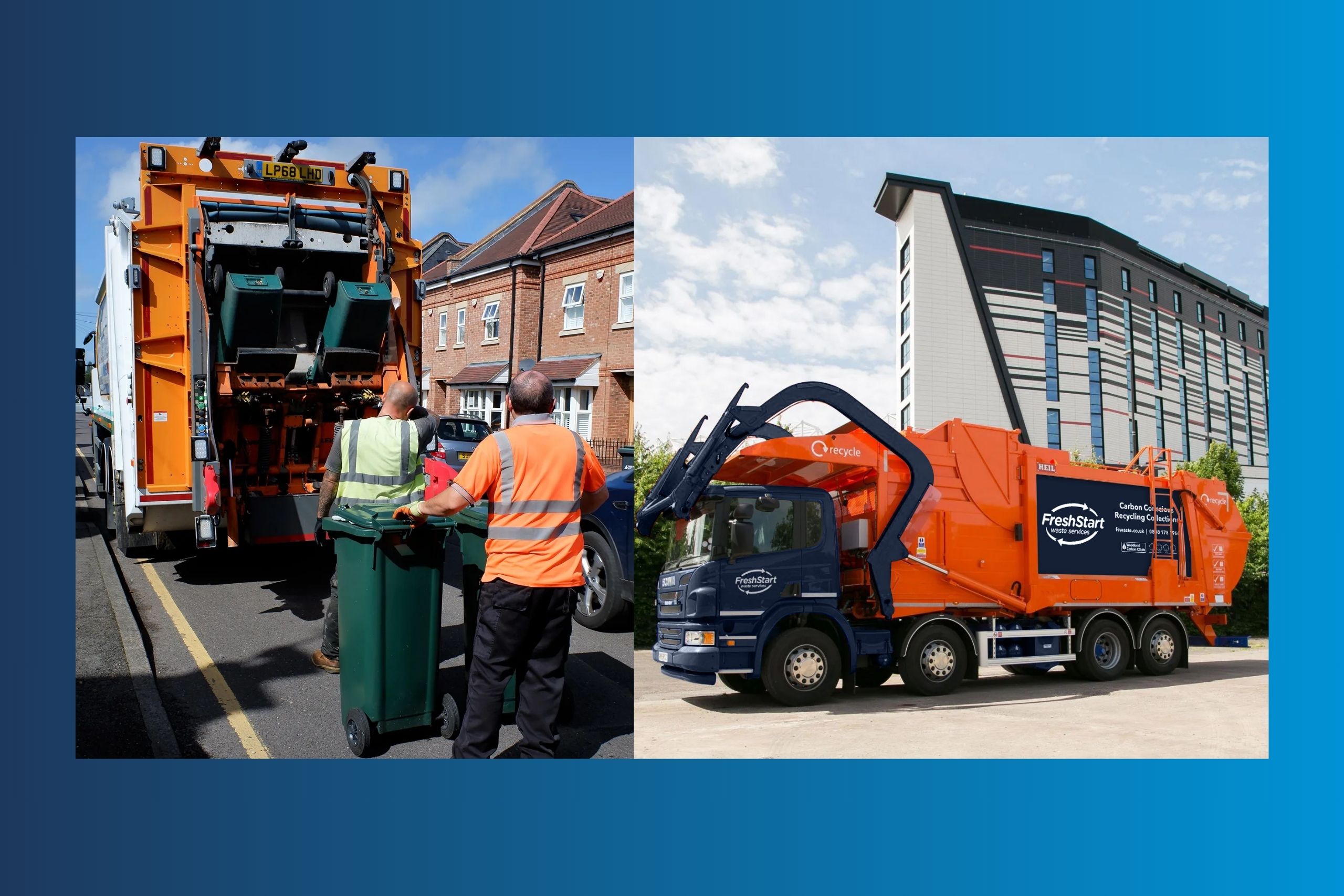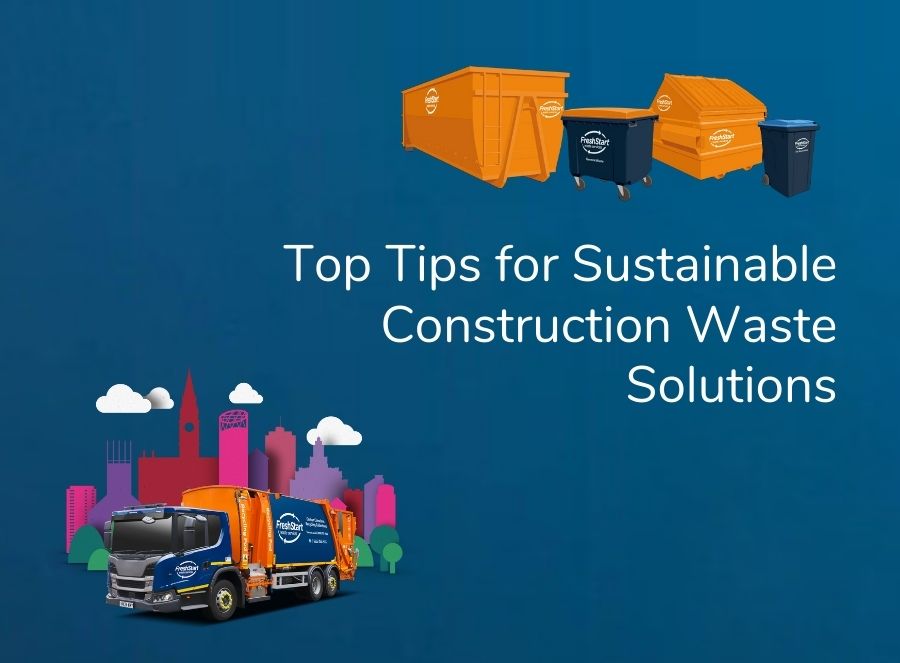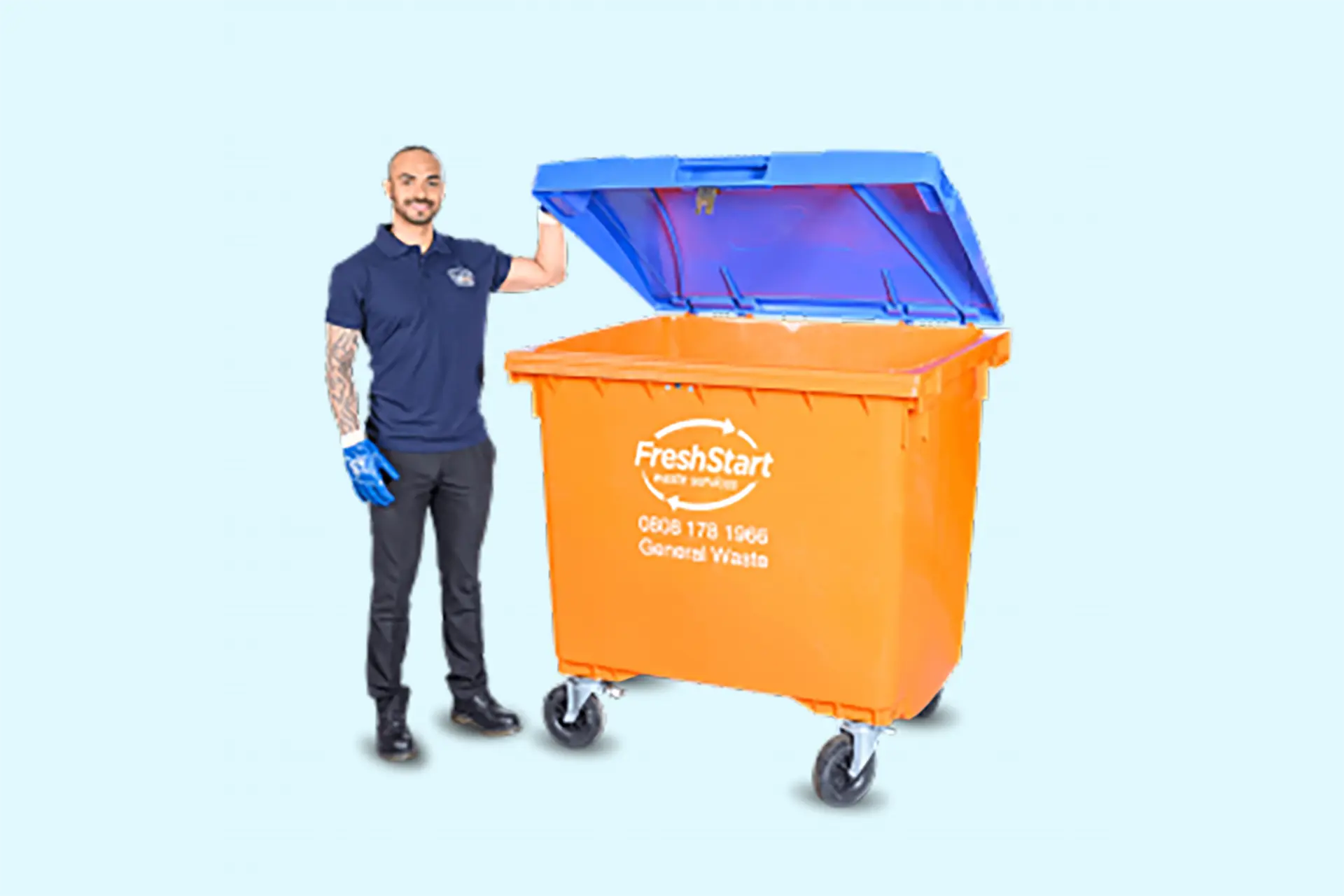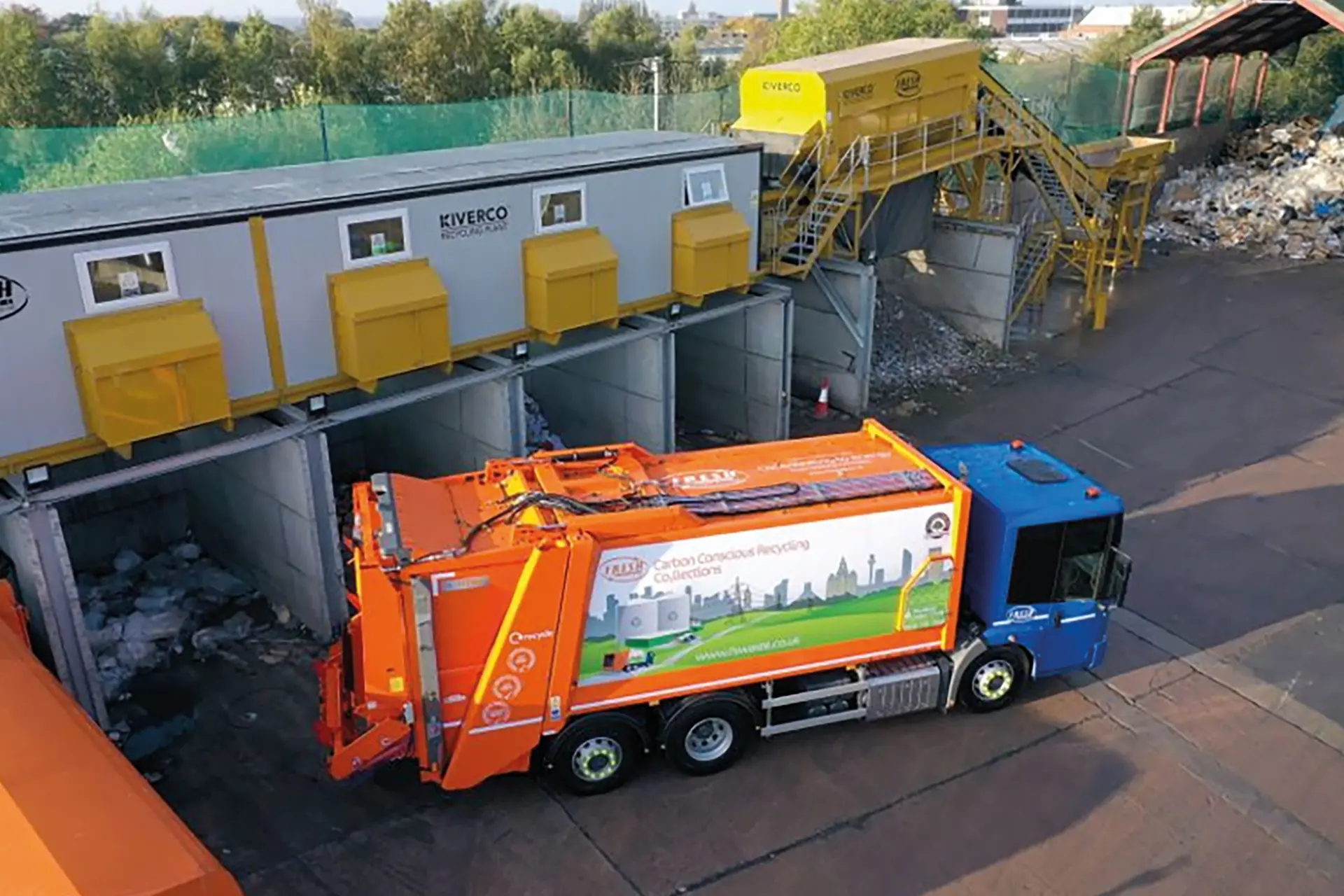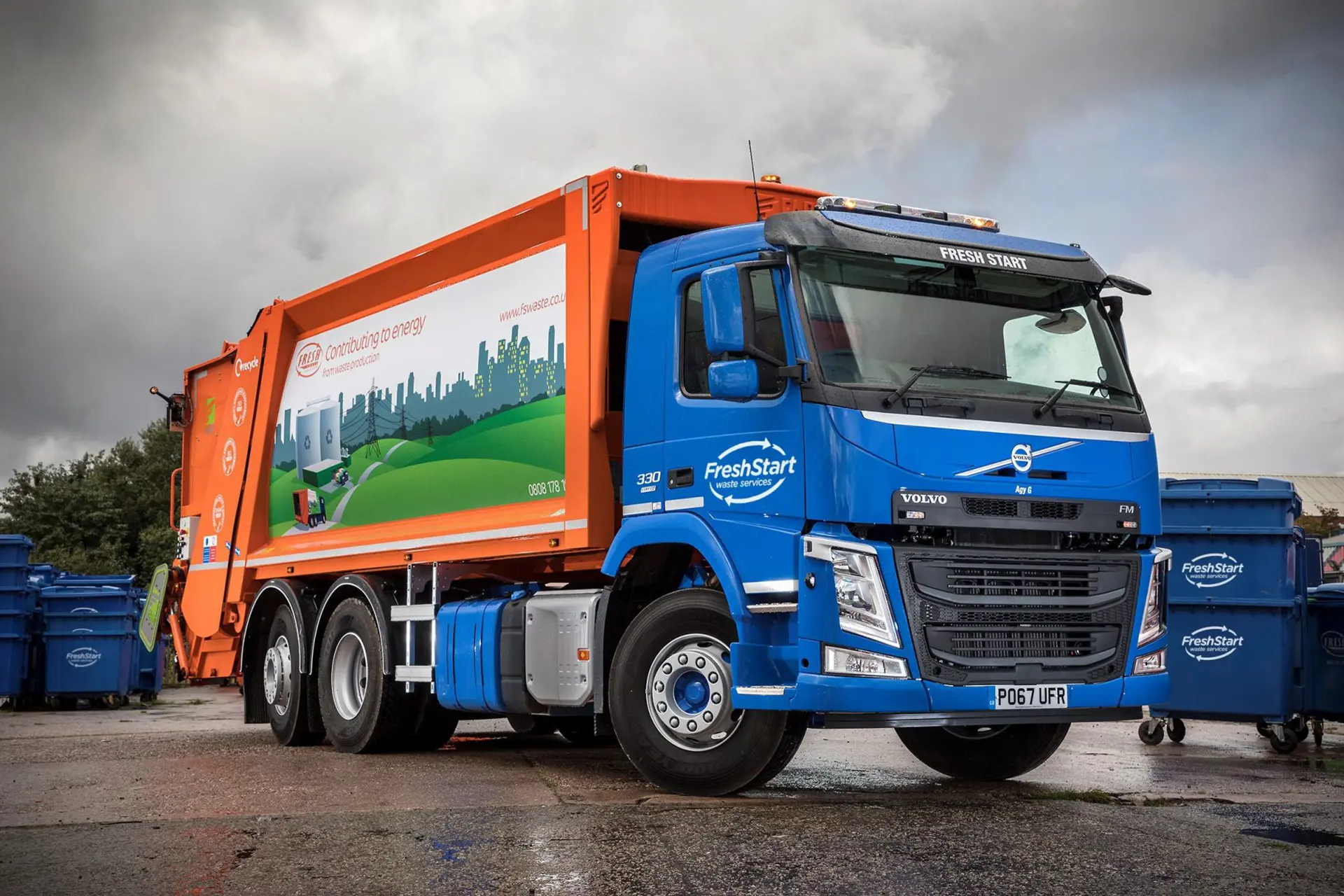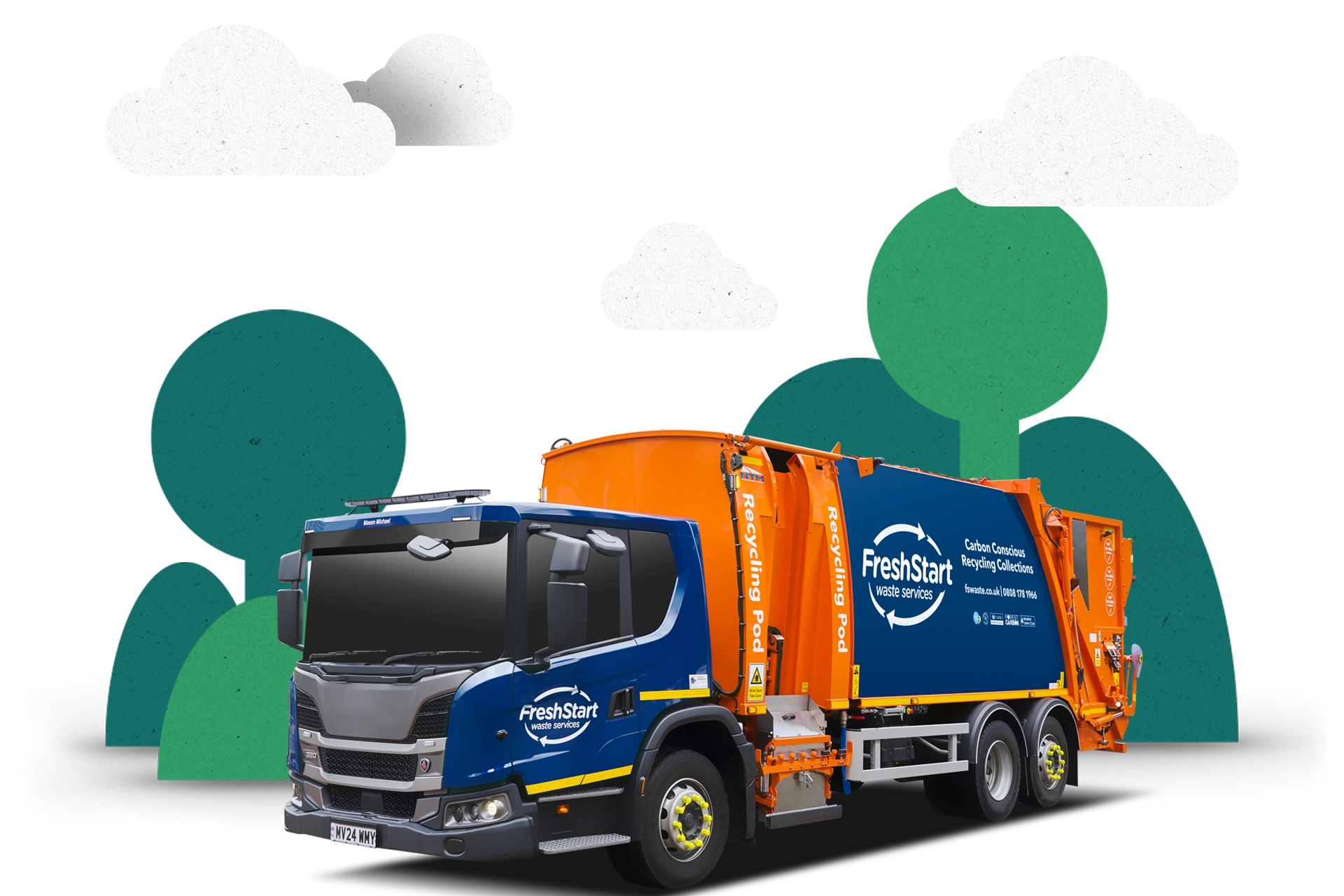Most people create a large amount of waste without thinking. Whether the majority of waste is at home or at work, what you do with it is so integral to the waste disposal ecosystem.
Waste needs to be disposed of in the correct way. All waste wasn’t created equally, and needs to be understood where it came from. It is so important that household waste and commercial waste is dealt with differently and accordingly.
The ways you can determine the classification of the waste depends on how the waste was created, how much of it there is, and how difficult it can be to manage it.
What is household waste?
Household waste has a very straight-forward name. Also known as domestic waste, any waste product created through everyday tasks is to be considered as household waste. Food tins, packaging and old clothes would be considered as ‘nonhazardous’ household waste products, While cleaning supplies like bleach, batteries and highly flammable products need to be disposed of differently.
The distinction is important as even within household waste, the many types of products have to face different disposal techniques, mainly for the safety of workers.
Most of the time, any domestic waste will be collected by council-ran and council-hired waste services. However, there are some private companies who may also be able to help with household waste such as skip and van hire. In the situation where you have created a large amount of house waste that needs to be disposed of as soon as possible, you are also able to make use of local recycling centres. This can be helpful for garden projects, moving house, renovations, or just a general tidying.
What is commercial waste?
The yang to household waste’s yin, commercial waste is any waste that is created in the attempt to complete the work of a business. Vegetable skins from a restaurant? Business waste. Sawdust from a lumber yard? Business waste? Businesses usually produce significantly more waste than a household will. Also, compared to domestic waste, due to many businesses being in specialist areas, it is common to find business wastes producing more hazardous waste than the average household. The sheer amount of it, as well as the higher likelihood of danger in its disposal, means that most, if not all council-ran waste collection services, will not run the collection and disposal service for your business.
Every business in the UK that creates any type of waste legally has to manage and dispose or recycle it properly. However, like with residential bin collection you can’t necessarily use a council-ran recycling centre. As handy as it would be, you can’t just load up your van and take business waste to the tip like you can with your lawn clippings. Instead, you will need to look into finding a private waste removal service.


